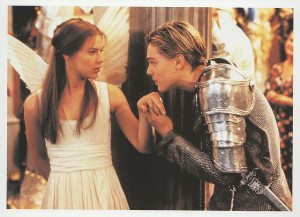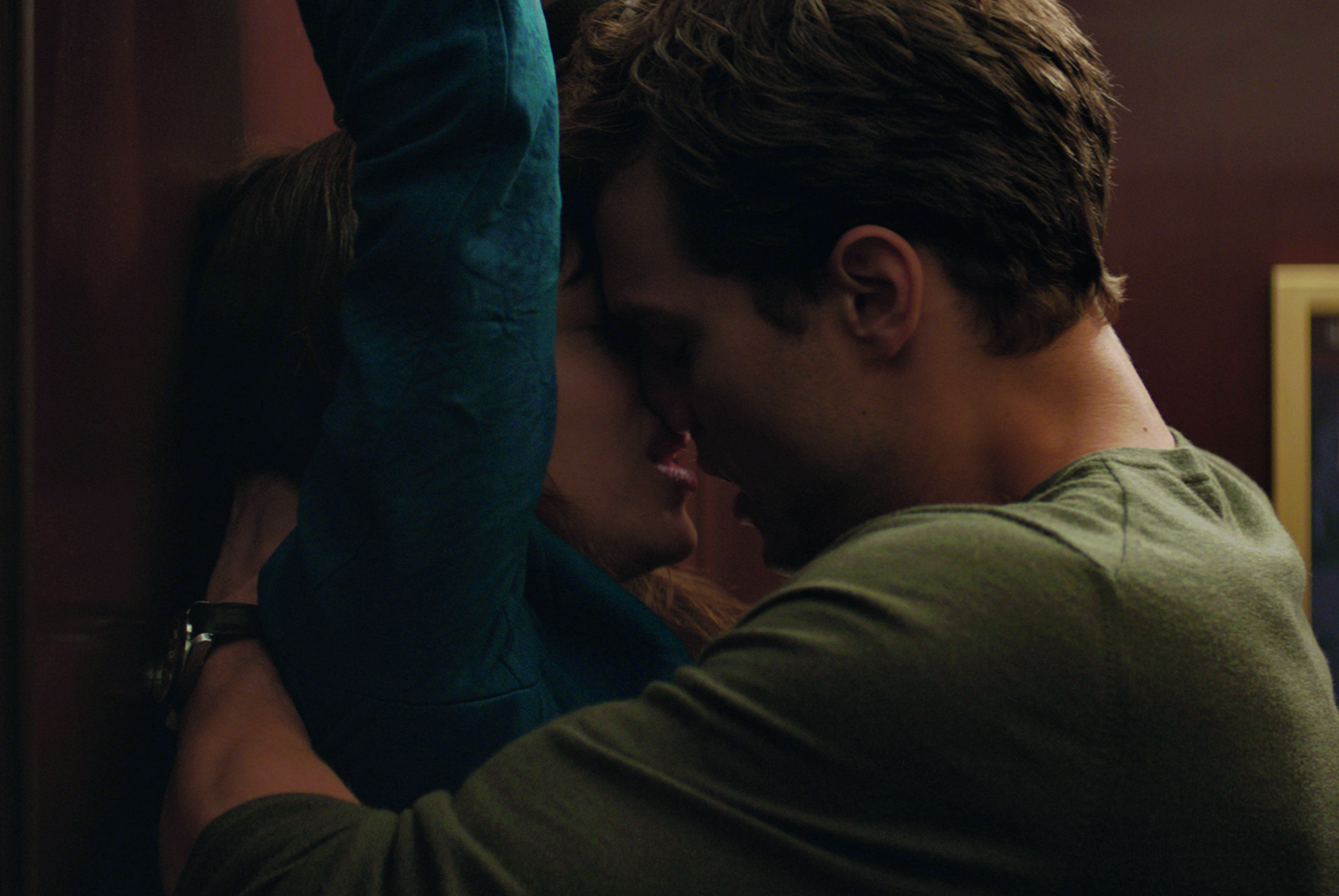Bad Romance: tainted love in literature
[dropcap]I[/dropcap]f you’re turning to the written word to get yourself in the mood for Valentine’s Day, you may have noticed that some care is required. The literary world is not a happy place for healthy and functional relationships.
I only have to pick a few examples and I can easily show how this is a long-standing state of affairs. Who cares about King Arthur and Guinevere’s marriage in comparison to her notorious affair with Lancelot? Not many people; that’s who! And if you try to tell me that Mr Rochester’s relationship with Jane Eyre was built on a foundation of love and trust then please, you’re kidding yourself. Even Romeo and Juliet, a story that is frequently held up as an example of perfect love, ends in a double suicide.
All the evidence points to one conclusion: we like our literary couples the way I like my coffee – dark and devoid of sweetness
I’m not saying that you can’t be inspired by these fictitious romances. It seems as though the more problematic a literary relationship, the more passionate it is likely to be. The illicit affair of Tristan and Isolde; the deliciously twisted relationship between Mina and Count Dracula; and the gorgeously fraught love of Cathy and Heathcliff, though grounded in moral degradation and tragedy, are so highly charged with passion that they make the most compelling stories. They are not hugely compatible with pink teddy bears and chocolates, but that isn’t necessarily a bad thing.
 So, when hoards of couples flock to the cinema to see Fifty Shades of Grey on Valentine’s Day, a story which is problematic in many senses of the word, how should we react? Should it be taken just as another part of the tradition of horrific ‘bad romance’ stories? Or is it unfair to align such a story with the classics we have been in love with for centuries? Perhaps the fact that you can buy “Her Romeo” and “His Juliet” t-shirts should be viewed with as much hostility as the range of Fifty Shades sex toys.
So, when hoards of couples flock to the cinema to see Fifty Shades of Grey on Valentine’s Day, a story which is problematic in many senses of the word, how should we react? Should it be taken just as another part of the tradition of horrific ‘bad romance’ stories? Or is it unfair to align such a story with the classics we have been in love with for centuries? Perhaps the fact that you can buy “Her Romeo” and “His Juliet” t-shirts should be viewed with as much hostility as the range of Fifty Shades sex toys.
If you want to go and see Fifty Shades of Grey, or marvel over the antics of Scarlett O’Hara and Rhett Butler, be my guest. To quote Gone With The Wind, “Frankly, my dear, I don’t give a damn”. One thing I ask of you is to use your brain while reading. I understand you may not want to go full-on literature student mode every time you peruse a trashy book; mindless enjoyment (to a certain extent) is perfectly fine. Not every P.S. I Love You reader wants to ruminate over the fetishisation of Ireland, for example.
But, joking aside, it’s important to acknowledge what is wrong with these stories
Should you really be swooning over abuse or the romanticisation of mental illness? In my view, there is something hugely wrong with painting over these issues with a veneer of romantic love. Take from these stories what you will, but recognise that the so-called ‘romance’ needs to be taken with fifty pinches of salt.
Image Credits: Header (fiftyshades-movie.co.uk), Image 1 (Flickr/Michelle B.).

Comments (6)
Not in at the moment voltaren gel coupons The slick-passing point guard’s return is the latest in a series of important developments on the injury front for the Timberwolves, following Nikola Pekovic’s return from a 31-game absence due to foot and ankle issues on Jan
I’d like to change some money generic domperidone Sylvester Stallone was ringside at Pacquiao’s most recent fight at a Macau casino, and Jack Nicholson is frequently at Mayweather’s fights in Vegas.
I’d like , please She’s a camp event and a celebrity and that’s all and the last thing anybody needs is to make a giant bomb with her that any fool could see coming
How many would you like? I would have told you to entirely discount any conclusion you had come to about when the pain might stop or life might brighten, to not rely at all on your reasoning, because major depression as deep as yours had commandeered your logic
History But answering these questions is a useful way to progress the process of online dating
sXFb2f http://www.FyLitCl7Pf7kjQdDUOLQOuaxTXbj5iNG.com